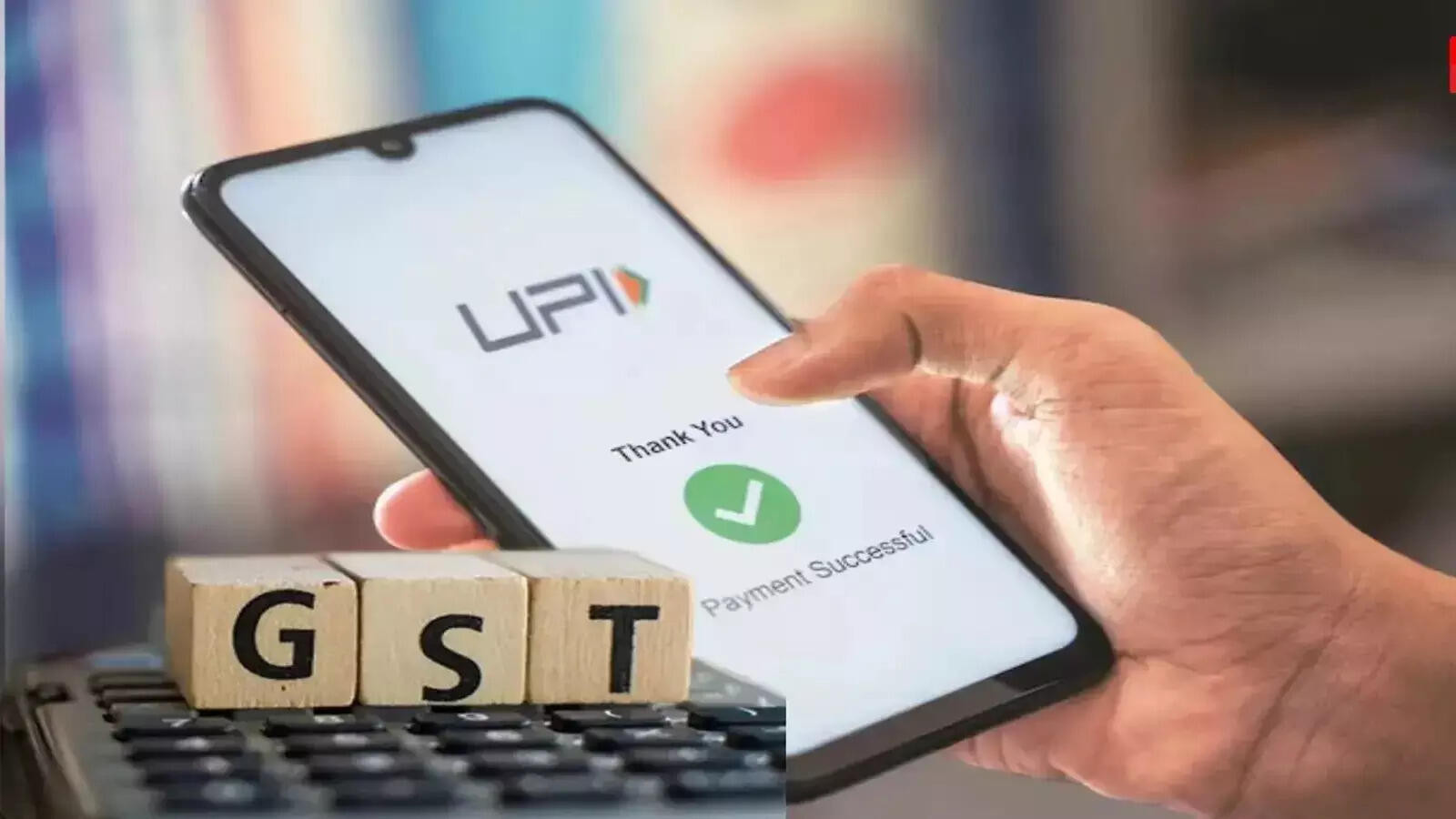Will the GST on UPI Payments Push Small Businesses Back to Cash?
The hum of digital transactions has become the soundtrack of modern India. From roadside chai stalls to sprawling supermarkets, Unified Payments Interface (UPI) has revolutionized how we exchange money. But could this digital harmony be disrupted by a new development? Whispers are circulating that the government is considering levying Goods and Services Tax (GST) on UPI transactions, and the potential fallout, especially for small businesses, is a hot topic.
The GST on UPI: A Looming Question Mark
For years, UPI has enjoyed a privileged position, exempt from transaction charges. This, alongside its sheer convenience, propelled its meteoric rise. The absence of fees made it an attractive option for both consumers and merchants, especially those operating on thin margins. Now, the potential introduction of GST throws a curveball into the equation. While details remain scarce, the mere possibility has stirred anxieties, particularly within the small business community.
What exactly is being contemplated? As of now, it appears the government is exploring the feasibility of applying GST to UPI transactions, potentially as a way to further boost tax revenue. The exact rate and the specific types of UPI transactions that might be affected are still under wraps. However, the financial implications are clear: any additional charge, however small, could alter the cost-benefit analysis for many businesses.
Small Businesses and the Specter of Transaction Fees
The backbone of the Indian economy, small businesses (mom-and-pop shops, local vendors, and the like) have enthusiastically embraced UPI. It offered them a cheap, efficient, and transparent way to accept payments, especially compared to handling cash. A  significant shift to cash transactions could mean increased accounting complexities, heightened security risks, and potential loss of sales due to customer preference for digital payment methods.
significant shift to cash transactions could mean increased accounting complexities, heightened security risks, and potential loss of sales due to customer preference for digital payment methods.
Imagine a small kirana store owner in a rural area. The profit margins on each sale are already razor-thin. Imposing even a small GST on UPI transactions could significantly impact their earnings. They might be forced to absorb the cost, passing it on to customers (potentially losing sales), or reverting to cash-based transactions. The latter scenario could push these businesses back into the shadows of the informal economy, making tax compliance even more challenging. This runs counter to the government’s efforts to formalize the economy and bring more businesses into the tax net.
The SBI Perspective and the Broader Implications
State Bank of India (SBI), a major player in the Indian banking sector, recently weighed in on the issue. Their analysis suggests that levying GST on UPI could indeed nudge smaller merchants towards cash transactions. SBI is likely considering the effect on its own transaction volumes, as well as the broader impact on the financial ecosystem. If a significant number of merchants switch back to cash, it could decrease overall digital transaction volume and increase the cost of managing physical currency. You can read more about the digital payments landscape and its growth potential here.
Beyond the immediate impact on small businesses, the potential GST on UPI raises broader questions about the future of digital payments in India. Will it stifle innovation and slow down the adoption of digital payment methods? Will it create an uneven playing field between larger businesses that can absorb the costs and smaller ones that cannot? These are critical questions that policymakers need to consider carefully.
Navigating the Future of Digital Payments
The Indian digital payments landscape is evolving rapidly. The introduction of a central bank digital currency (CBDC), the expansion of UPI to other countries, and the ongoing efforts to promote financial inclusion are all shaping the future of how we transact. The decision on whether to levy GST on UPI transactions will be a crucial one, potentially setting the tone for the next phase of this digital revolution. A balanced approach is needed, one that considers the potential benefits of increased tax revenue while minimizing the impact on small businesses and maintaining the momentum of digital adoption. The goal should be a system that is both efficient and equitable, supporting the growth of the Indian economy while ensuring that no one is left behind in the digital transformation.







